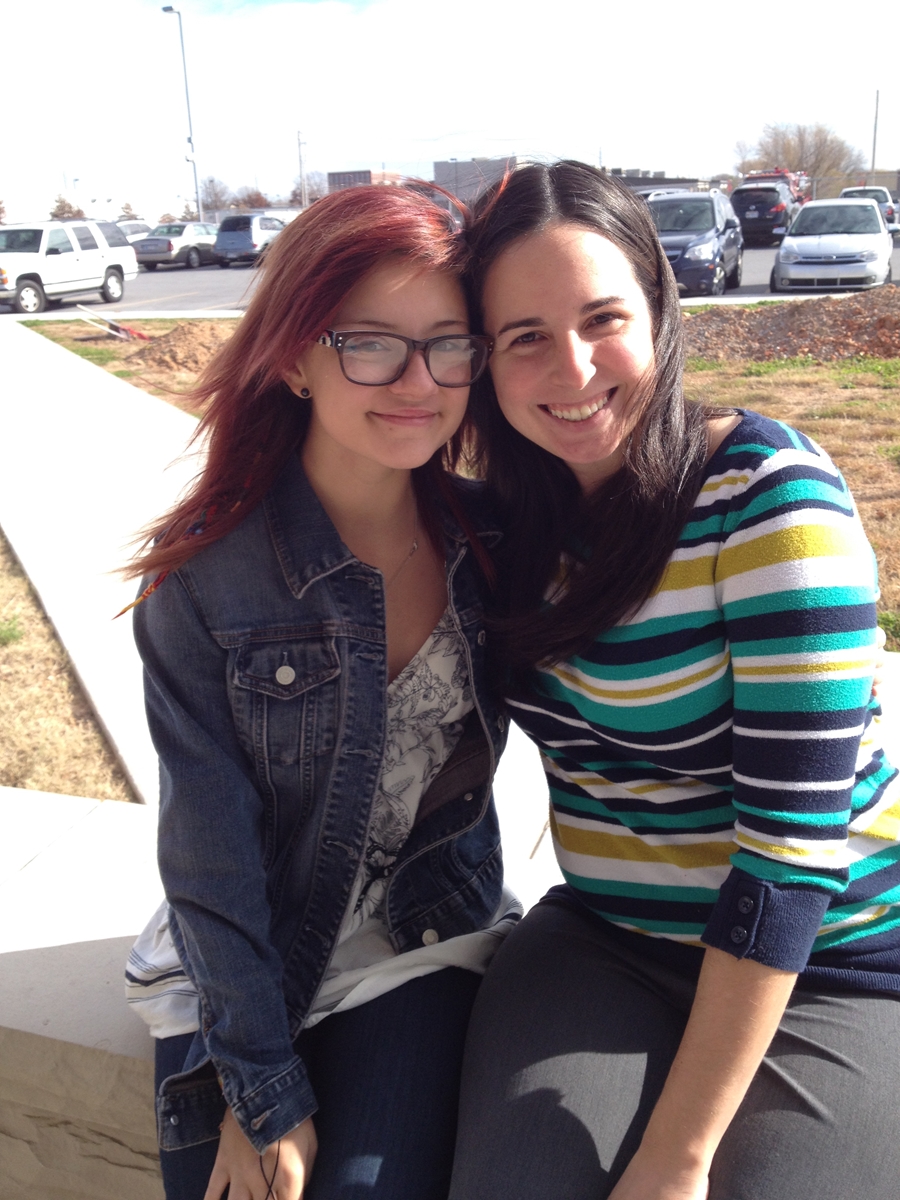
The Association of College and University Housing Officers-International held its national conference and expo this July in Denver, Colorado.
Several staff members from University Housing attended this conference to participate and engage in discussions and sessions about trends and issues in higher education.
Tory England facilitated a session about foster youth in higher education and presented data from her doctoral dissertation study. England is an assistant director within University Housing's residence education area.
England was previously a case manager for foster youth and a foster parent. She completed her dissertation in August 2017 at the University of Arkansas.
Foster Care Challenges
Every year, there are approximately 20,000-25,000 youth in the United States who turn 18 to 21 in the foster care system. They must navigate transitioning into adults and accessing higher education on their own. Students in the foster care system face unique challenges that cause them to attend and graduate college at a lower rate than their peers.
As part of a dissertation study, England completed semi-structured interviews with participants about their secondary education, the transition to college, and adjustment during college. The study included foster youth who were in foster care for at least six months after the age of 18 and were currently enrolled or recently graduated from higher education in Arkansas.
The presentation discussed key findings about how to help foster youth be successful in higher education and the challenges and gaps in resources.
Although there are a limited number of studies about completion rates for foster youth in higher education, attendance rates of foster youth in postsecondary education are estimated at 2 percent to 20 percent. Of the foster youth who attend postsecondary education, only a small percentage of those finish their degrees.
Foster youth are a unique subpopulation that faces significant challenges to be successful in higher education. Foster youth are overrepresented in other subpopulations such as race, socioeconomic status, and first-generation college students. Specialized support and services are required to meet the needs of this population.
Support and Success
Key factors when foster youth were deciding to attend higher education included cost, location and personal motivation.
Other findings included the importance of supports such as mentors and independent living programs and the role they play in the success of foster youth in higher education. Social concerns are one of the biggest challenges for foster youth and programs are needed to help with the adjustment to college and help foster youth create and maintain support systems.
Students aging out of foster care are less like to have informal networks of support and it is critical for higher education administrators and programs to help these students successfully navigate college.
"There are still challenges to address, but this study identifies key ways to better support foster youth on college campuses," England said.
"It was an opportunity to share these insights with other housing professionals who are passionate about bringing foster youth into higher education."
About University Housing. University Housing is a department within the Division of Student Affairs serving a residential community of around 5,700 on-campus students. More than 200 students find employment opportunities with University Housing each year. We offer educational programs that support the success of students and services that help students focus on academics at the University of Arkansas. Living on campus starts with a housing contract.
About the Division of Student Affairs: The Division of Student Affairs supports students in pursuing knowledge, earning a degree, finding meaningful careers, exploring diversity, and connecting with the global community. We provide students with housing, dining, health care resources, and create innovative programs that educate and inspire. We enhance the University of Arkansas experience and help students succeed, one student at a time.
Topics
Contacts
Tory England, assistant director for student outreach
University Housing
479-575-3951,